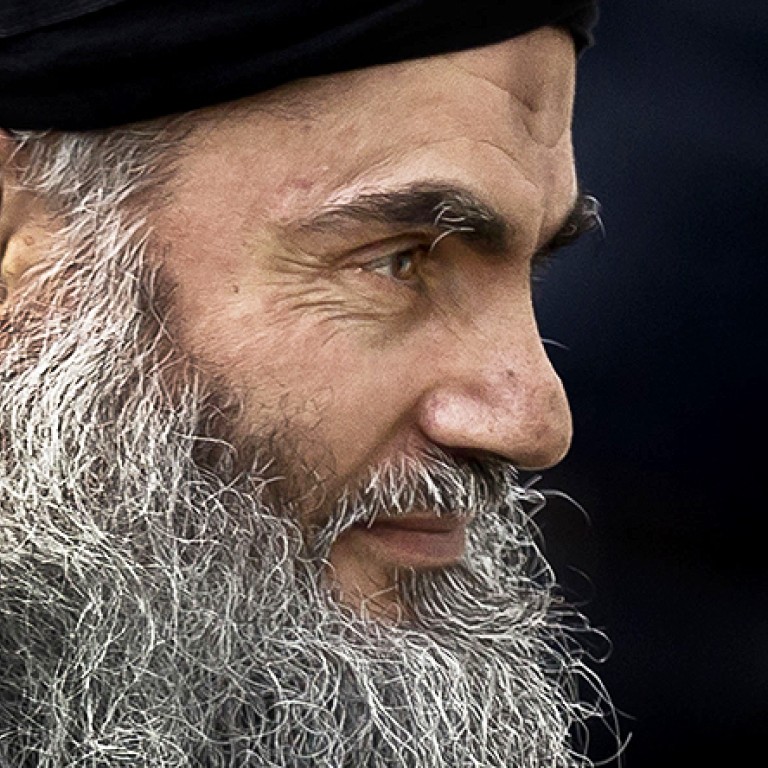
Radical Muslim cleric Abu Qatada challenges Jordanian court authority in terrorism trial
Radical Muslim cleric Abu Qatada told a Jordanian court on Tuesday he was not guilty of terrorism charges and challenged its authority to try him under the terms of his deportation from Britain five months ago.
Appearing in court in brown prison fatigues, Abu Qatada said the presence of a military judge in the panel of three judges violated the agreement under which he was flown back to Jordan in July after many years of legal battles in Britain.
There is now a military judge – this is the first betrayal by you. I have come to be tried by civilian judges
The Islamist cleric has already been sentenced in absentia by a Jordanian court to life imprisonment for conspiracy to carry out al-Qaeda-style attacks against US and other targets inside Jordan. He is now being retried on those charges.

“There has been a betrayal of the agreement under which I have come. There is now a military judge – this is the first betrayal by you. I have come to be tried by civilian judges.”
“This court is a betrayal of the agreement and I don’t recognise it,” said Abu Qatada, whose real name is Mahmoud Othman.
Before the trial started he joked with reporters about his life in Britain, where he spent two decades.
“It’s better here than Britain. The treatment is good here. The British press have not been fair to me and hurt me.”
His lawyer Ghazi Thuneibat called for Abu Qatada’s release, saying his client’s rights had been violated by the presence of a military judge and baseless evidence that was extracted under torture from other defendants.
But prosecutor Colonel Fawaz al-Atoum said Jordan’s state security court law allowed for military tribunals in cases of terrorism.
Atoum also dismissed demands by Abu Qatada’s lawyer that the court should not look at previous evidence that human rights activists say was extracted under torture, a claim denied by the Jordanian authorities.
Jordan’s military tribunals have been criticised by international human rights organisations which have called for their abolition and for civilians to face trial in civilian courts.
They say constitutional amendments in 2011 that restricted the jurisdiction of military courts to cases of terrorism and espionage were insufficient.
Linked by a Spanish judge to the late al-Qaeda leader Osama Bin Laden, Abu Qatada was in and out of jail in Britain since first being arrested in 2001. He was sent back to prison last March for breaching his bail conditions.
His return was made possible by an extradition treaty adopted by Jordan and Britain that satisfied the concerns of British judges about the use of evidence obtained through torture.
Jordanian security officials and experts on Islamist radical groups say Abu Qatada ideological writings have influenced many Qaeda youths.
Sermons of the heavily bearded Abu Qatada were found in a Hamburg flat used by some of those who carried out the September 11, 2001, attacks on the United States.
In 2005, al-Qaeda claimed responsibility for three suicide bombings that ripped through luxury hotels in Jordan’s capital, killing dozens of people.
Jordanian authorities have arrested scores of hardline Islamists in recent months along its northern border with Syria as they were about to cross the frontier to join jihadist groups fighting to overthrow Syrian President Bashar al-Assad.
Jordan regularly arrests Islamist suspects and puts them on trial in military courts that human rights groups say are illegal and lack proper legal safeguards. Many civil society groups say many of the Islamist cases are politically motivated.
